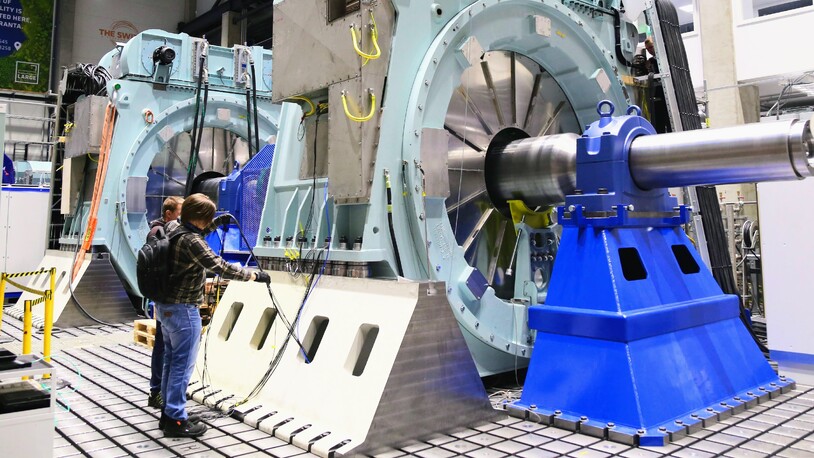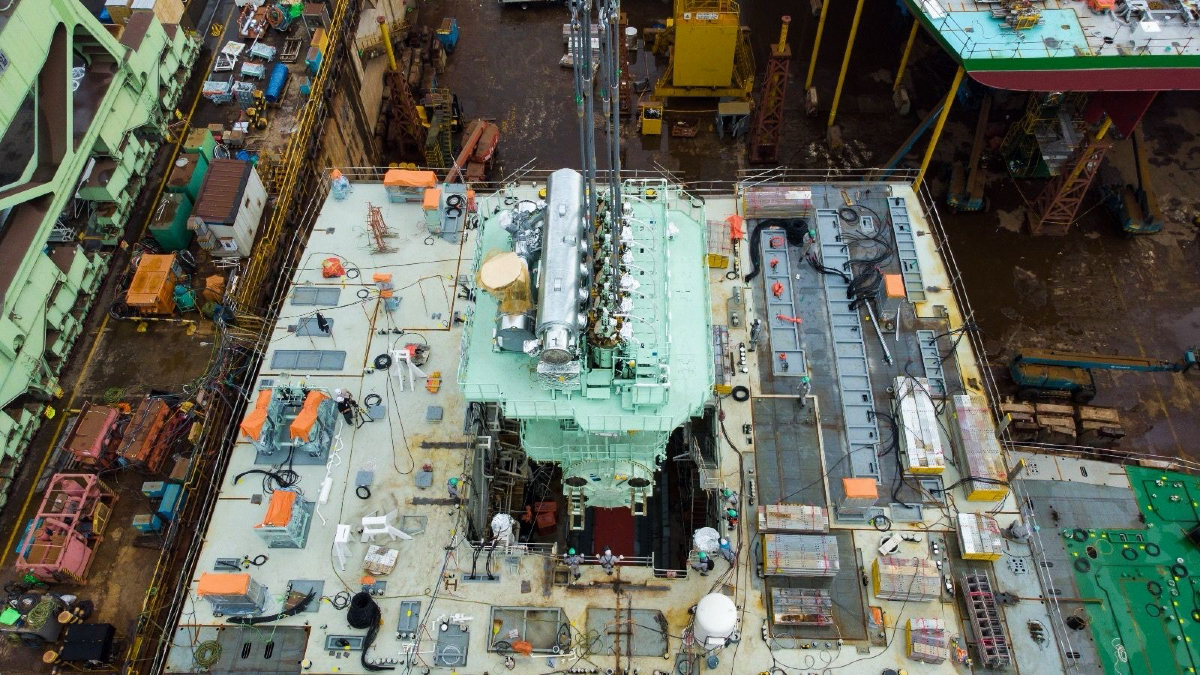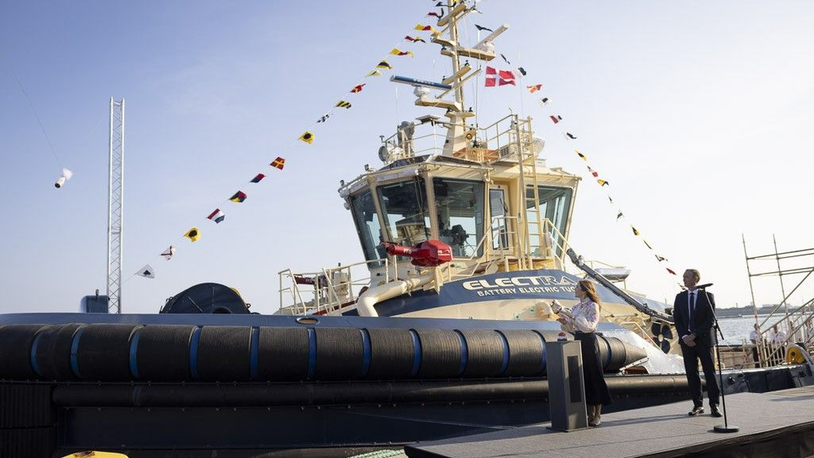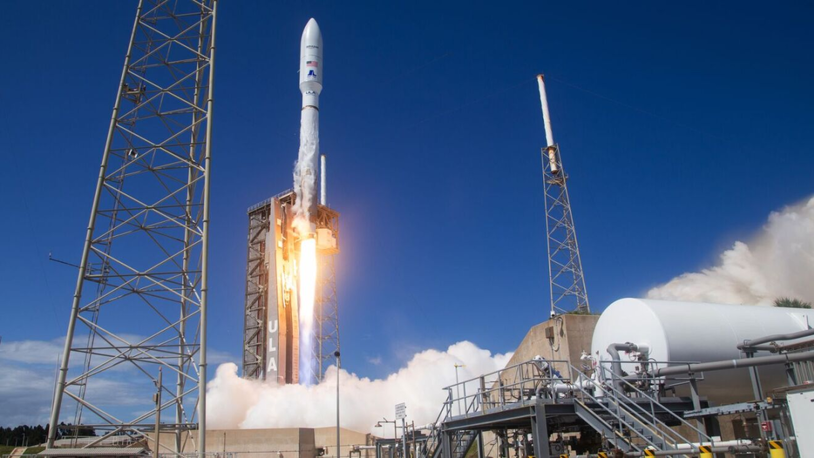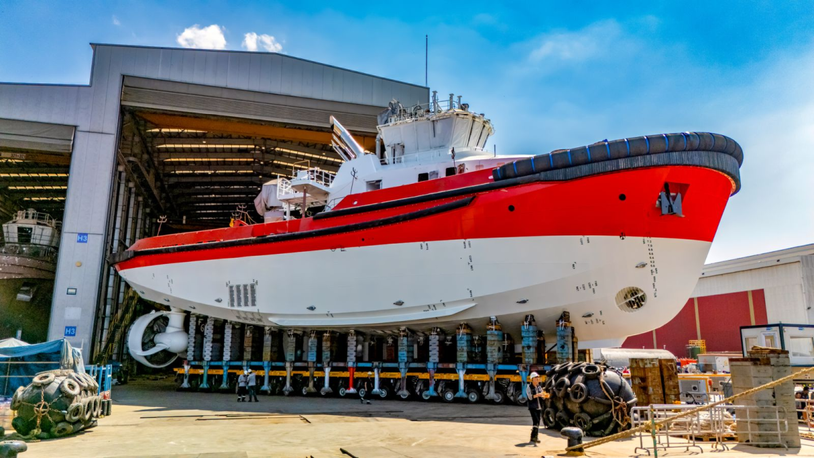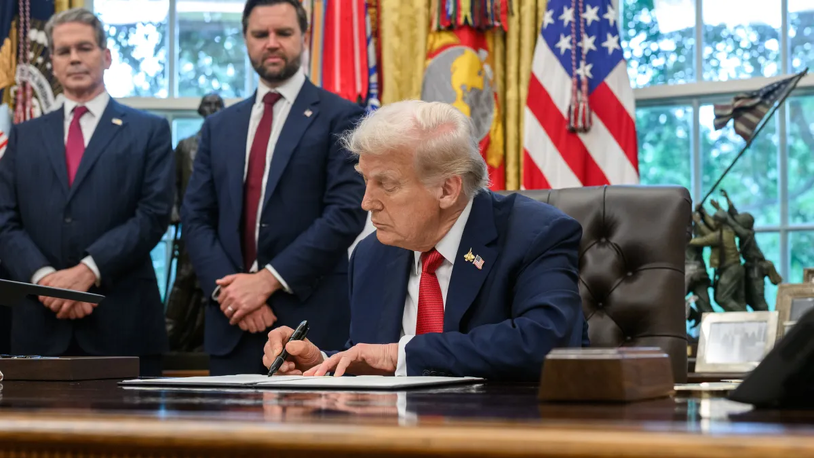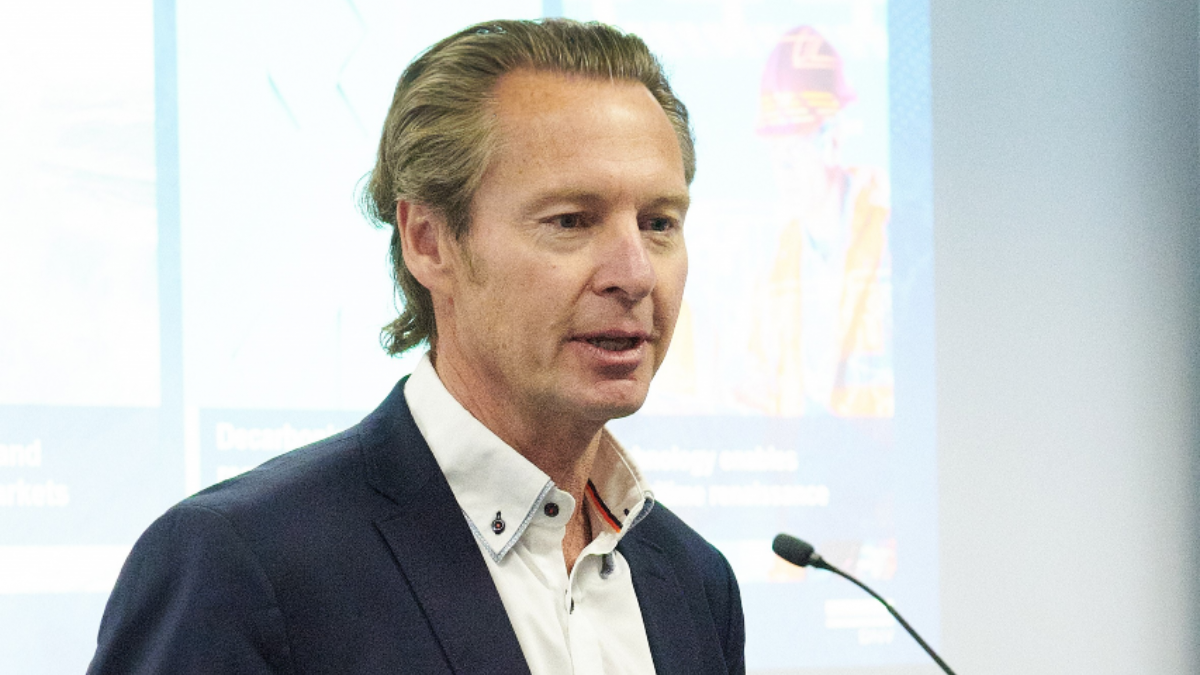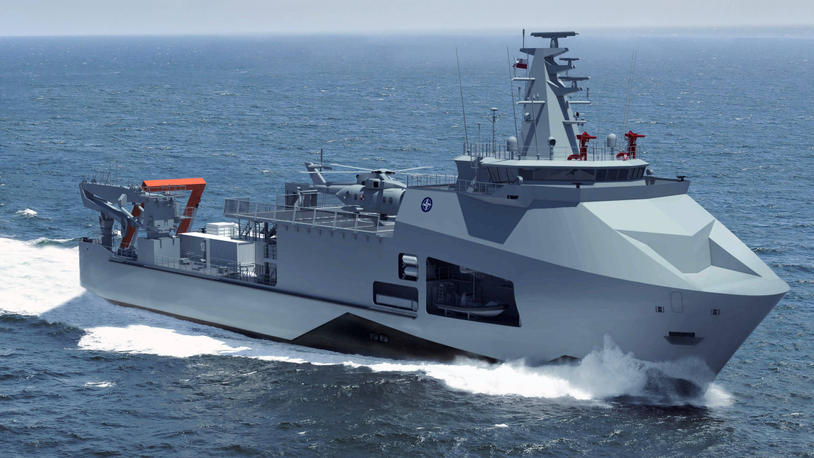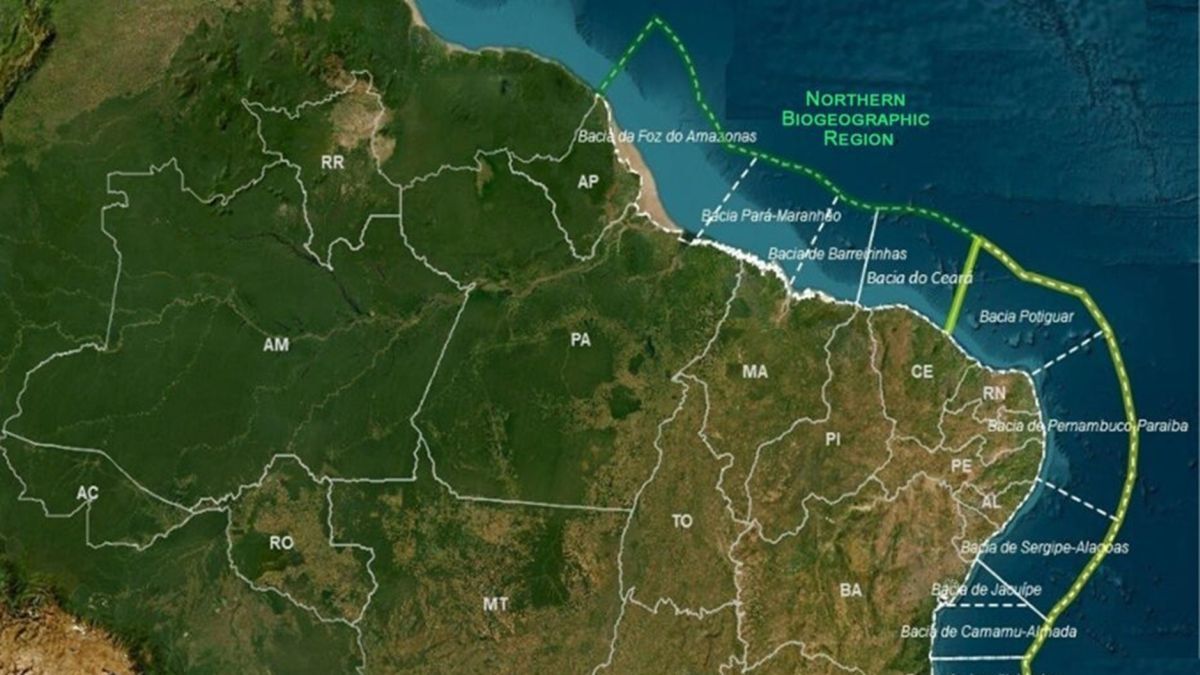Business Sectors
Events
Floating energy: successfully unlocking stranded gas using FLNGs and FSRUs
Contents
DNV: shipping's net-zero emissions policy adoption 'looks very promising'
By the end of the century, humanity will be experiencing how critical each 10th of a degree of global warming is to our planet, DNV chief executive Remi Eriksen reports from the class society’s latest Energy Transition Outlook forecast
There is good news and bad news in shipping’s bid to decarbonise the roughly 3% of worldwide emissions the sector represents, according to DNV chief executive Remi Eriksen.
The Norwegian classification society chief started with the bad news in his outline of DNV’s findings from its latest annual report on the ongoing global transition away from polluting fossil fuels and towards lower-carbon energy systems.
"The bad news concerns the expensive end of decarbonisation, which is the hard-to-decarbonise sectors like shipping, aviation, heavy road transport and high heat manufacturing," Mr Eriksen said.
Specifically, the bad news is that these energy-intensive and difficult-to-green segments of the global economy are feeling the ’negative impact’ of geopolitical strife and a resultant economic slowdown, according to the DNV chief executive. In other words, DNV’s reading of future events in these sectors is drawn firmly from the world’s current troubles. DNV’s report sees the fragmentation of the global order, retrenchment toward self-interested, nationally focused energy security policies in some major economies and interlinked energy security narratives as a drag on the speed at which these sectors can decarbonise.
Based in part on these difficulties, DNV decided it needed to extend its Global Energy Transition Outlook forecast’s timeline by 10 years, from 2050 to 2060, "because the transition is still very much in mid-stride in the 2050s. In fact, we find that net-zero emissions is only achieved a little after 2090. The accumulation of emissions until then takes us well beyond 2°C of global warming," as Mr Eriksen put it.
Compounding on the current geopolitical uncertainty to weigh on the energy transition’s progress in the short term is what Mr Eriksen called frustrations with "unavailable and unreliable power grids".
"So, what is stopping even faster near-term developments in electrification is lagging grid buildout," he said, noting that DNV’s estimation is grid infrastructure difficulties are slowing solar capacity uptake by 16% and wind projects by 8% through 2035.
Taken together, the slowed progress on decarbonisation and renewables equates to higher degrees of global warming by 2100.
"By the end of the century, science has shown beyond any doubt that humanity will then be experiencing, at great cost and discomfort, how critical each 10th of a degree of global warming is to our planet and society," Mr Eriksen said.
The good news
Despite the geopolitical and economic frustrations and infrastructure problems that are slowing the ongoing energy transitions away from fossil fuels, renewables are taking market share quickly, with China leading the way.
Overall, DNV’s figures show solar, both with and without storage, and onshore wind making up 32% of the global power mix by 2030. The report also foresees the troubles faced by offshore wind of late, particularly from the anti-wind stance by US President Donald Trump, being overcome by the turn of the decade, when offshore wind will be "resurgent and starting to help grow the green mix".
"By 2040, renewables will be 65% of all electricity and, 20 years later by 2060, electricity will be almost entirely non-fossil and will have moved from 21% of global energy demand today to 43% of global energy demand," Mr Eriksen said.
So, while the energy transition could and should be faster, according to DNV, the "electrification megatrend" means that "electricity isn’t just growing, it is becoming an unstoppable force".
Will shipping be the first industry to set global emissions limits and prices?
In Mr Eriksen’s words, "It looks very promising".
"Earlier this year, through the International Maritime Organization, or IMO, the member states approved a landmark Net Zero Framework for global shipping. With this big step, even with undefined areas and uncertainties, shipping is setting out to be the first industry to combine a worldwide limit to emissions and emissions pricing. I caution, however, that there are two key formal steps remaining for the approved Net Zero framework to enter into force, one, the adoption at the extraordinary IMO session later this month, and second, a subsequent 10-month acceptance period," he said.
Riviera’s Maritime Hybrid, Electric and Hydrogen Fuel Cells Conference will be held in Bergen, Norway, on 14-16 October 2025. Use this link to register your interest and attend the event.
Related to this Story
Events
Maritime Regulations Webinar Week
Floating energy: successfully unlocking stranded gas using FLNGs and FSRUs
© 2024 Riviera Maritime Media Ltd.

